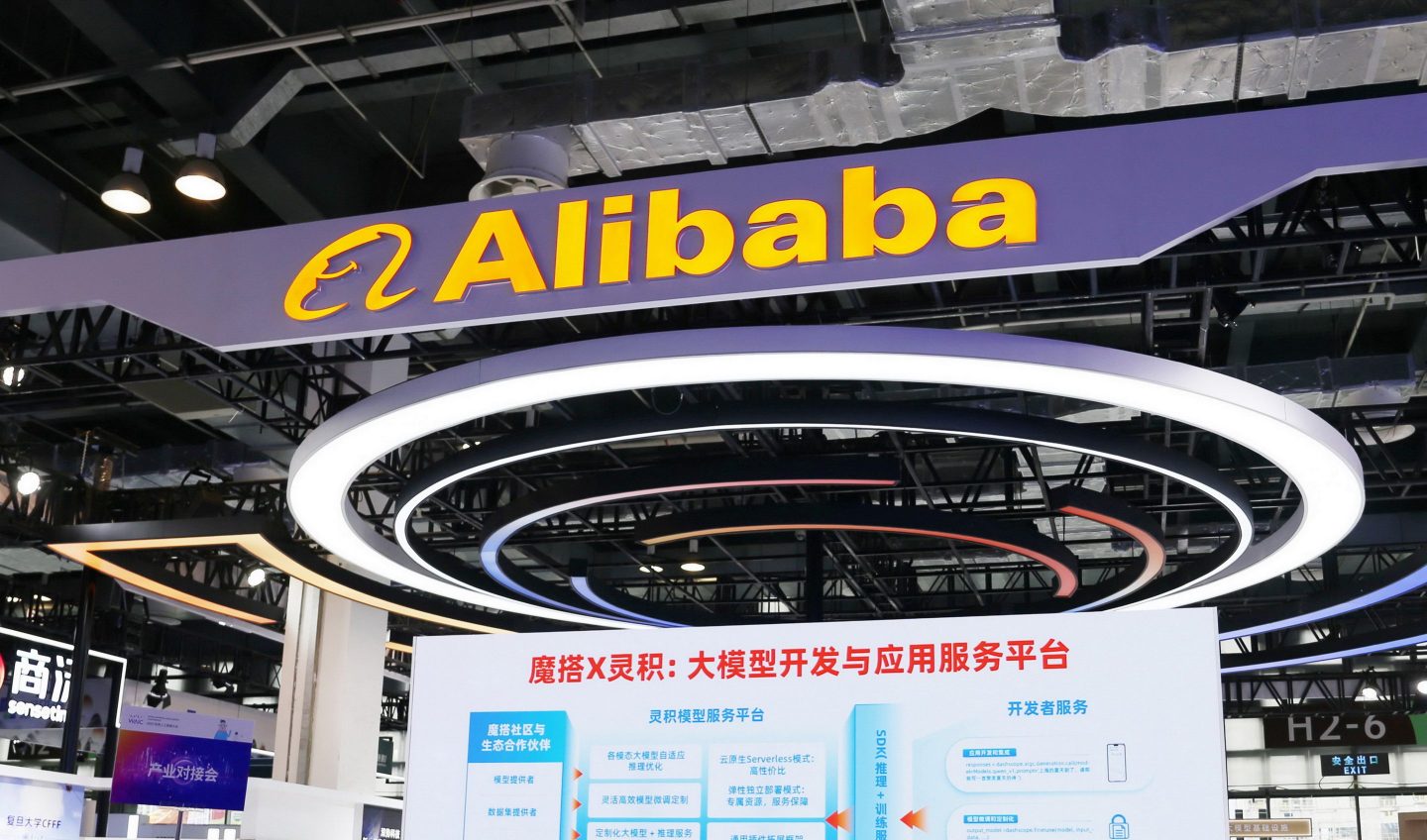China’s chip industry may have developed a way to create advanced chips for 5G smartphones, but it still lacks the capability to produce chips powerful enough for AI applications. This reliance on imported chips, restricted by a U.S. ban, could be disadvantaging China’s tech sector in the AI race.
According to The Information, Chinese tech firms are rationing their AI services due to a shortage of computing power caused by the chip scarcity.
For example, the live-streaming platform Kuaishou had to limit the number of users for the test version of Kling, its text-to-video model, to conserve computing capacity. The company used Nvidia chips, such as the A800, to train its model.
AI startup Moonshot AI, recently valued at $3 billion, has also warned users that computing power might be insufficient during peak hours.
Major companies like Alibaba, Baidu, and ByteDance, all offering large language model applications, have informed corporate customers needing heavy usage to wait, as per The Information.
Kuaishou, Moonshot AI, Alibaba, and Baidu did not immediately respond to requests for comment. A ByteDance spokesperson declined to comment on “market rumors.”
U.S. chip controls are having an impact
Chinese companies are racing to develop their own generative AI applications to stay competitive in the country’s intense consumer internet market. However, running these applications requires powerful processors.
The U.S. imposes strict export controls on AI-related chips, like those made by Nvidia, to China.
Chinese companies have previously indicated that the export ban was impacting their business. For instance, Alibaba cited U.S. export controls when it abandoned plans to spin off its cloud computing unit last November, stating the restrictions “may materially and adversely affect” its ability to serve customers.
As non-Chinese firms rush to acquire new Nvidia chips, Chinese companies are depleting their stockpiled inventory due to Biden administration rules that cut off their access to high-end AI chips made by companies like Nvidia and Qualcomm.
While Nvidia and other chipmakers are developing new products to comply with U.S. regulations, Chinese companies reportedly are not interested in these less powerful chips.
Firms like Huawei are now attempting to develop domestically-produced AI chips, but it remains uncertain if the industry can manufacture high-end semiconductors at scale. Additionally, U.S. export controls restrict the export of advanced chipmaking tools to China, and Washington is reportedly urging allies like the Netherlands and Japan to tighten controls further by halting maintenance services as well.


